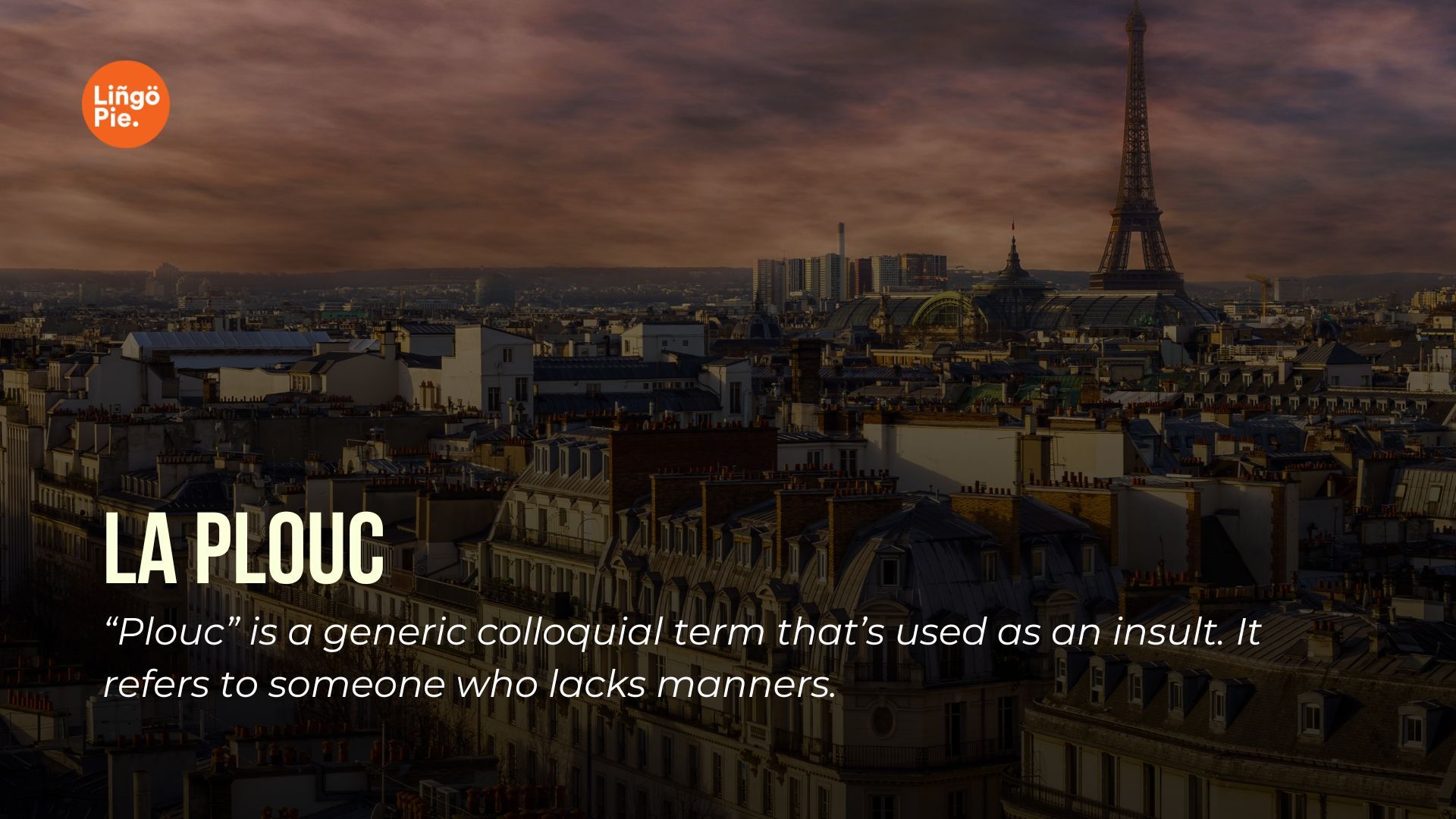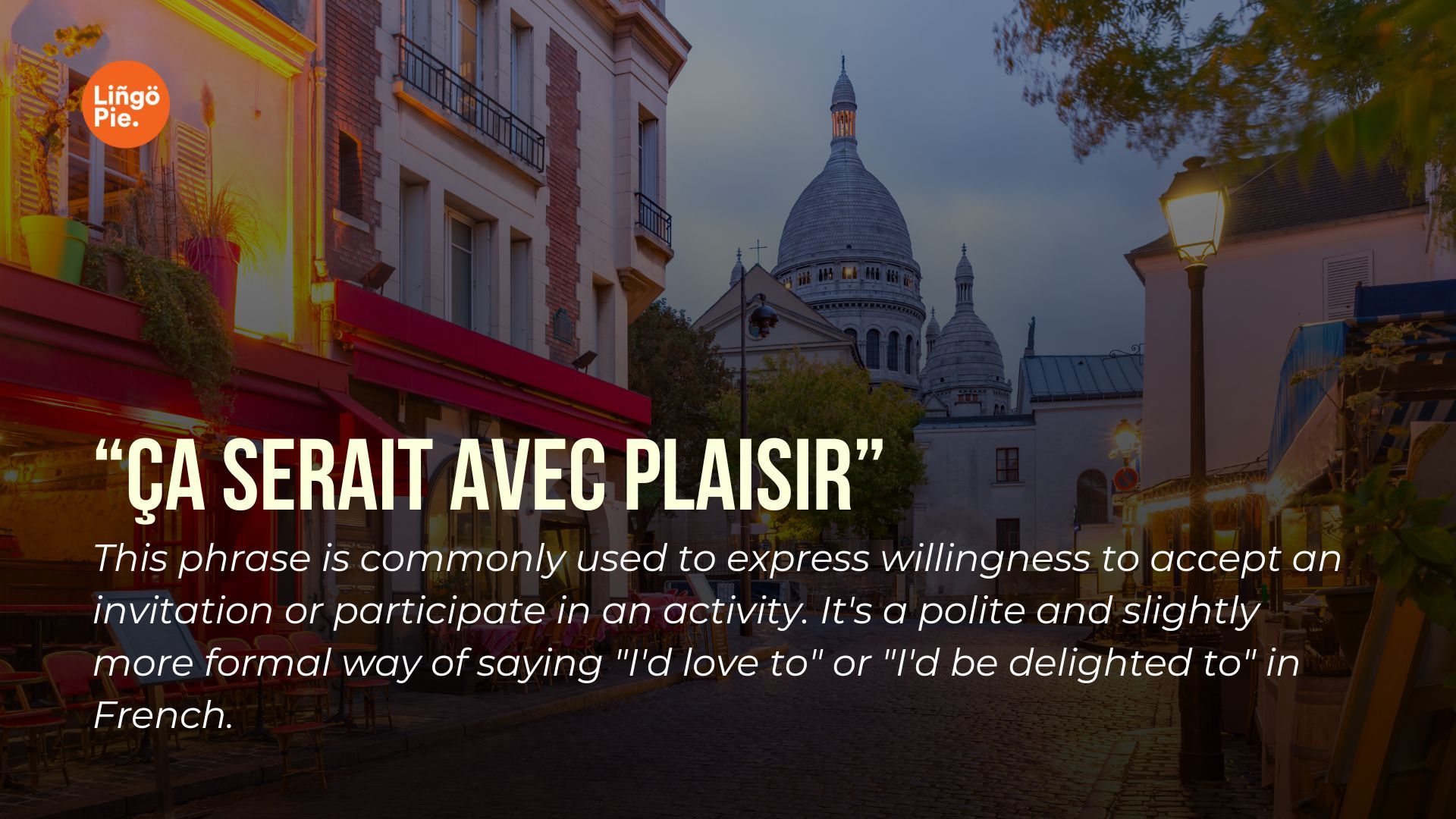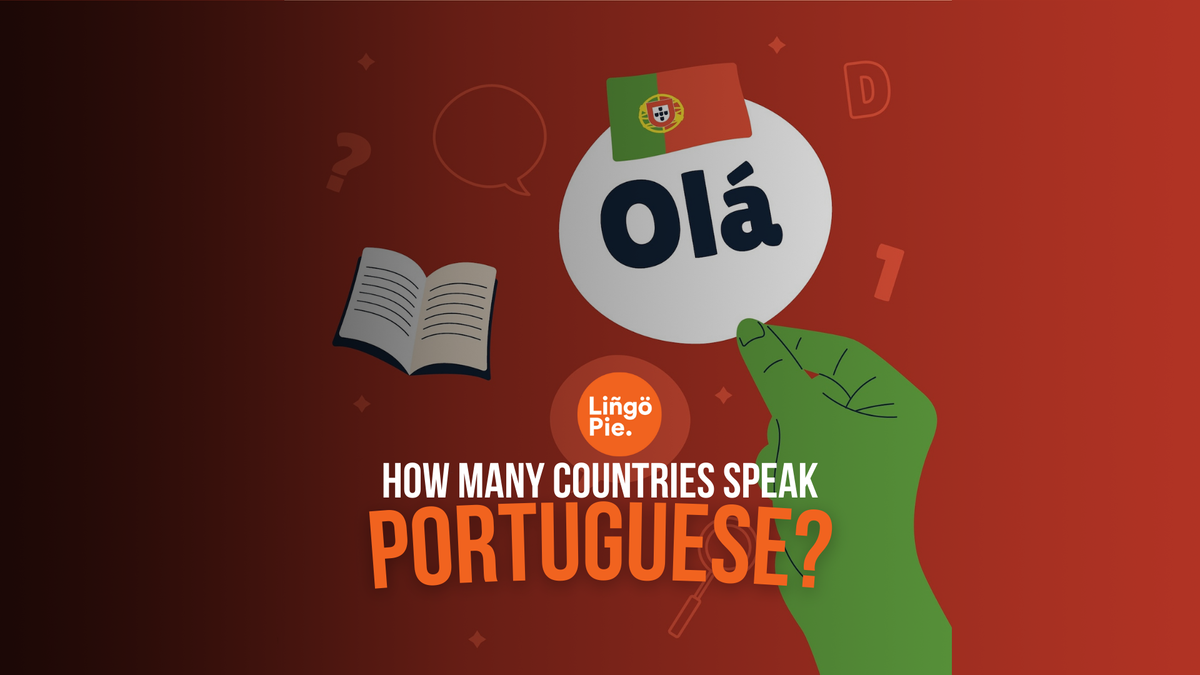The Netflix series Emily in Paris has undeniably been a worldwide hit. Many people have described it as ‘cliché’, ‘fake', and so unlike the real Paris’, whilst others view it as ‘fun’ and a breath of fresh air’. I have to agree with the second of the two. I mean- yes it’s cheesy as hell, but life has been way too serious these past few years, so can’t we just enjoy a bit of corny entertainment?
Why Should I Learn French With Emily In Paris?
Though the series is set in Paris, it is actually mainly spoken in English. However, a lot of the cast is French and some French is spoken throughout the series (and I must say the French is well-spoken and current).
Basically, the story here is that Emily arrives in Paris speaking practically no French at all, and relies on Google translate to get by. *eek, big mistake* She ends up making quite a few funny errors (faux amis- ‘false friends’) that many French learners can also relate to making whilst on their own language learning journeys.
Now to appreciate this hit Netflix French show, I rounded up in this post 16 French expressions, curse words, and faux amis used in all three seasons of Emily in Paris. Let's begin!

Emily In Parish French Words
Whether you're team Gabriel or Alfie, we bet that learning some of the most common French words in Emily In Paris will inspire you. To get you started, here are 16 French expressions you need to know.
1.“La Plouc”
Emily’s co-workers refer to her as ‘la plouc’. If we translate this term it means something along the lines of ‘the hick’, ‘hillbilly’ or “country bumpkin”. This term is actually being less and less used by the French, but when it is used it’s often to make fun of someone or to refer to someone with no manners.
2. “Merde”
Emily steps on dog poop on a Parisian pavement and exclaims merde in French. Yes, quite literally Emily! Perhaps the most common French curse word, ‘merde’ translates as ‘shit’ or ‘crap’ in English. It is an essential word to know as it is used a lot in French daily life.
You can use it to describe feelings of surprise, disappointment, anger, frustration - or in other words, just about anything!
3. “Ringarde”
Couture icon Pierre Cadault labels Emily as ‘ringarde’. In America, the equivalent of this word would be ‘basic’. Other similar translations are: lame, outdated, old-fashioned, or even cheesy. So, if someone labels you as ‘ringard(e)’ they’re not being very nice!
4. “Va Te Faire Foutre”
This is Emily’s response to her colleagues labeling her as ‘la plouc’. ‘Va te faire foutre’ means literally: ‘go fuck yourself.’ This is pretty self-explanatory and this expression is considered vulgar and very rude!
5. (Faux-ami) “I am trés excitée to be here”
Oh no no no Emily! Although this may look like Emily is saying ‘I am very excited to be here’, what she has really said is ‘I am very horny to be here’. *Major awkward moment*.
This is actually a common mistake French learners make and it can be an easy mistake to make because excitée very much looks like the word ‘excited’. A better way to say you are excited about being somewhere is ‘Je suis trés ravie d’être là’

6. (Faux-ami) “Un préservatif”
Another awkward moment: Emily is sitting at a café and orders ‘un croissant avec le préservatif’. Poor Emily thinks she is ordering a croissant with preservatives, but instead she is ordering a croissant with a condom!
‘Un préservatif’ in French is a condom (please do try to remember this!). The waiter then tells her she can find those in the toilets (In France it is not uncommon to find automatic machines selling condoms).
7. “Je m’en occupe”
Emily receives a delivery at work and her colleague Julien is there to collect it. He says to the delivery man “Je m’en occupe’. This means ‘I’ll take care of it’ or ‘I’m on it’. It’s a wonderful little phrase to keep in your vocabulary lists. You can use it in a variety of situations.
E.g: ‘D’accord, je m’en occupe tout de suite’ - ‘OK, I’ll take care of it right away’
8. “Quelle horreur”
This is Sylvie’s expression when Emily receives a package with frozen pizza from back home in America. (I mean this is quite a sin when you are living in France - a country famous for its gastronomy!)
‘Quelle horreur’ translates to ‘how awful’ or ‘that’s terrible’. Note that sometimes this expression will be used sarcastically, as if to say something isn’t that awful or horrific at all (eurgh, confusing I know!)

9. “Santé”
At Emily’s birthday party, her guests all say ‘santé’ as they bring their champagne glasses together. Yup, you guessed it: ‘Santé’ is the word for ‘cheers’ in French. It literally means ‘to your health’ (à votre santé).
A few rules if you are making a toast in France: Make eye contact with the person you are toasting with, and make sure to include the whole group. Do not cross your glass with anyone else’s, and ensure you take a first sip before placing your glass back on the table. (Yes, the French take wine very seriously!!)
10. “Je Tiens À Toi”
Camille drops this phrase to Gabriel and it means ‘I care about you’ or ‘I am fond of you’. This is a really nice pick up line or a way of expressing care and affection for someone in French.
11. “Putain, regarde où tu vas, espèce de crétin!”
After a small bike collision with another rider, Luc shouts out this phrase. Let’s break it down a bit: ‘Putain’ literally translates as ‘whore’ but it is mainly used as ‘fuck!’ as a way of ‘letting off steam’ rather than as an insult towards someone.
‘Regarde où tu vas’ means ‘watch where you’re going’ and ‘espèce de crétin’ can be translated as ‘a moron’, ‘a jackass’ or ‘a dumbass (idiot)’. I would say this is more of a light insult in French.
12. “Je suis fier de toi”
Sylvie’s husband says ‘Je suis fier de toi’ to Sylvie and it simply means ‘I am proud of you’. Of course, you can use this expression for so many different reasons, so it is a very useful one to remember.

13. “Ça serait avec plaisir”
Sylvie uses this expression and it means ‘It would be a pleasure’. If you want to say ‘with pleasure’ in the present tense you just have to say ‘avec plaisir’. You can use this expression when someone thanks you for doing them a favor: you simply respond ‘avec plaisir’ but you can also use ‘de rien’.
14. “Bien joué”
This is another of Sylvie’s phrases. ‘Bien joué’ means ‘well played’ or ‘well done’.
E.g: ‘C’était vraiment bien joué, Céline!’ - ‘That was really well played, Celine!’
15. “Il y a du monde”
When Camille’s parents go for a meal at Gabriel’s restaurant, it is very busy and Camille’s dad says ‘il y a du monde.’ This means, it is crowded or there are a lot of people. Monde actually literally means ‘world’ but in this expression it becomes ‘people’.
16. ‘Tu veux m’accompagner?’
Sylvie asks her colleague Luc ‘tu veux m’accompagner?’ to the opera. You might be able to guess but this means ‘would you like to come with me?’ or ‘would you care to join me?’ This is a great expression to know.
Learn French With Lingopie
So there we have 16 French expressions and phrases taken from the Emily in Paris series. There are some curse words, faux-amis (please do not make Emily’s mistakes!), and general phrases that can be used in daily life in France. Were you familiar with any of these before? Watching series can be one of the best ways to pick up new French words and phrases.
I don't know about you but I know what I was thinking whilst watching the show: Why didn’t Emily try to learn some French with Lingopie before moving to Paris?! Eurgh! She would have saved herself so much humiliation.
If you enjoyed Emily in Paris, why not have a look at our selection of French Netflix shows at Lingopie? There is a large selection of choices, and every show or film comes with subtitles so you can follow the audio with the written equivalents in both French and English. Give it a try now!










